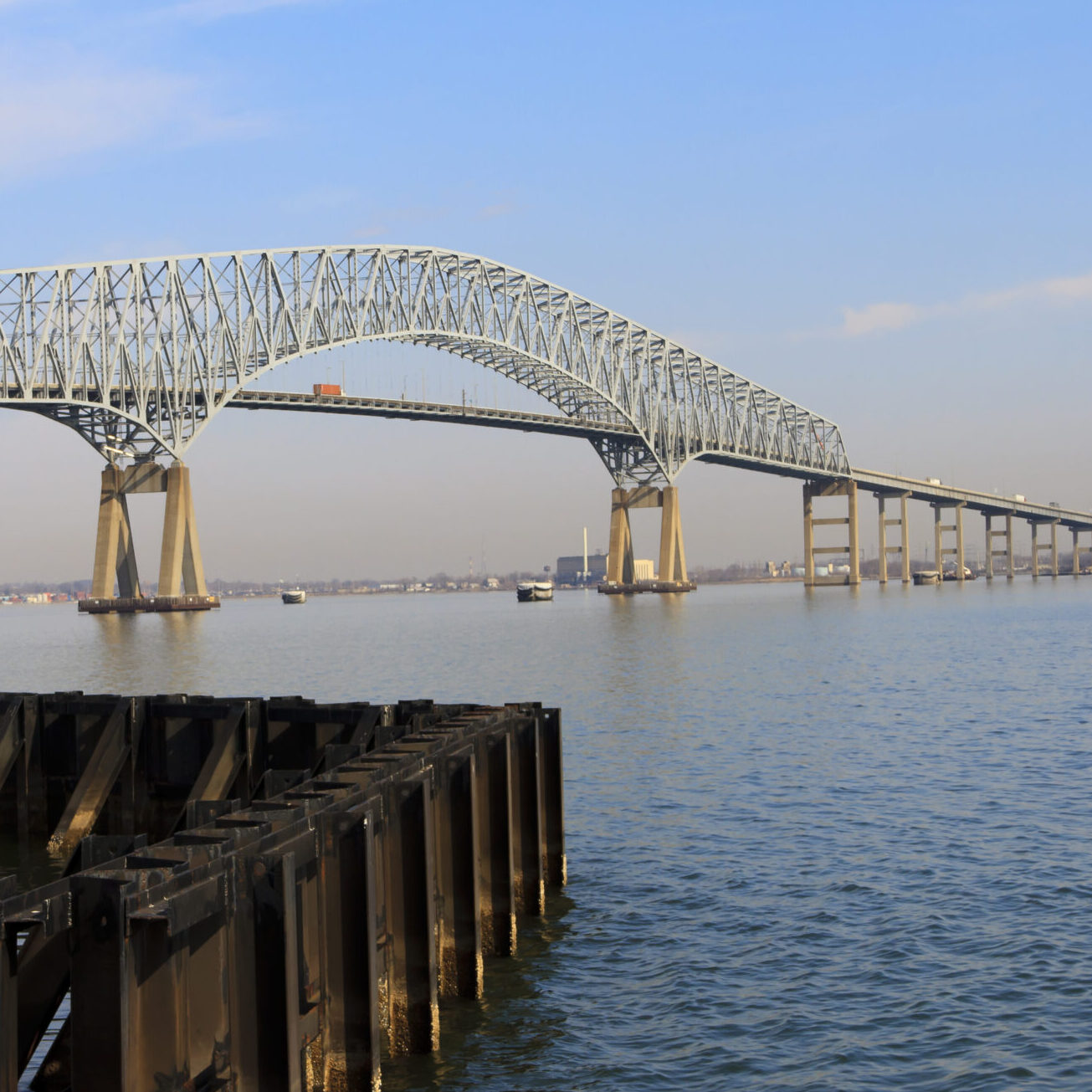
When the “Made Whole” Doctrine Isn’t a Defense to Subrogation
Overview | Blog Posts, News | Subrogation & Recovery | Sydney Broom | Related | Print | Share
October 13, 2023
In some jurisdictions, the “made-whole” doctrine requires insured parties to be made whole before an insurance carrier may recover from a third-party as a subrogee. Every so often, a tortfeasor will argue this doctrine as a defense to a subrogation claim. When this happens, subrogation attorneys are left to argue that the “made-whole” doctrine relates to claims between the insured and its insurer as to who has certain rights to recovery from a tortfeasor, and is not a defense that can be raised by the tortfeasor. Unfortunately, not all states have case law that addresses the “made-whole” doctrine and whether or not it is a defense available to a tortfeasor.
In Scottsdale Ins. Co. v. Kat Constr. LLC, No. CV 21-00278, 2022 WL 20652788, (D.N.J. Oct. 5, 2022), the United States District Court for the District of New Jersey determined the “made whole doctrine” is not an available defense to a tortfeasor. This case involves a contractor who negligently activated a stove while performing construction work, causing a fire in the home of Scottsdale Insurance Company’s (“Scottsdale”) insured. Scottsdale paid the claim for the damage to the insured’s home, and then subrogated its rights to payment against Kat Construction for its negligence. Scottsdale’s insured also filed suit against Kat Construction for its deductible and any uninsured damages it had. Kat Construction then brought a Motion to Dismiss against Scottsdale, arguing that it lacked any standing to pursue subrogation against it, as New Jersey’s “made-whole” doctrine prevents insurers from recovering against third-parties when the insured has not been made whole first. Kat Construction argued the case would not be ripe for adjudication as the Insured’s lawsuit was ongoing and the insured was not “made whole.”
The court rejected this argument and determined the “made whole” doctrine was not applicable here due to three reasons. First, the “made whole” doctrine only applies “[i]n the absence of express terms in the contract to the contrary.” Providence Wash. Ins. Co. v. Hogges, 171 A.2d 120, 124 (N.J. App. Div. 1961). Here, Scottsdale and its insured entered into a Joint Litigation Agreement which expressly rejected the “made whole” doctrine.
Second, the made whole doctrine only applies in scenarios where funds are so limited as to substantially affect the insured’s recovery. Here, the Defendant had argued that its own insurer’s policy limits could not cover both lawsuits, meaning it was underinsured and funds were limited. The court did not believe the funds were so limited as to justify declining jurisdiction. Instead, the court found that the Defendant’s underinsurance problem was not a defense to subrogation. The Defendant still remained personally liable for any judgment beyond its own insurer’s policy limits.
Lastly, the court stated, “finally, and perhaps most fundamentally, it seems to the Court that Defendant’s argument is misplaced because it lacks standing to raise it.” Scottsdale, WL 20652788 at 3. The court notably pointed out that the “made whole” defense was historically created for the benefit of the insured, not as a defense for a Defendant in a subrogation action. The court explained that “because the doctrine was not developed for its protection, Defendant cannot rely on it to avoid this case’s adjudication.” Id.
If you are faced with a “made whole” defense from a tortfeasor, remember to consider the court’s justification in Scottsdale Ins. Co. v. Kat Constr. LLC, as it could be helpful to overcome the defense.
For any further questions, please contact Sydney Broom.



